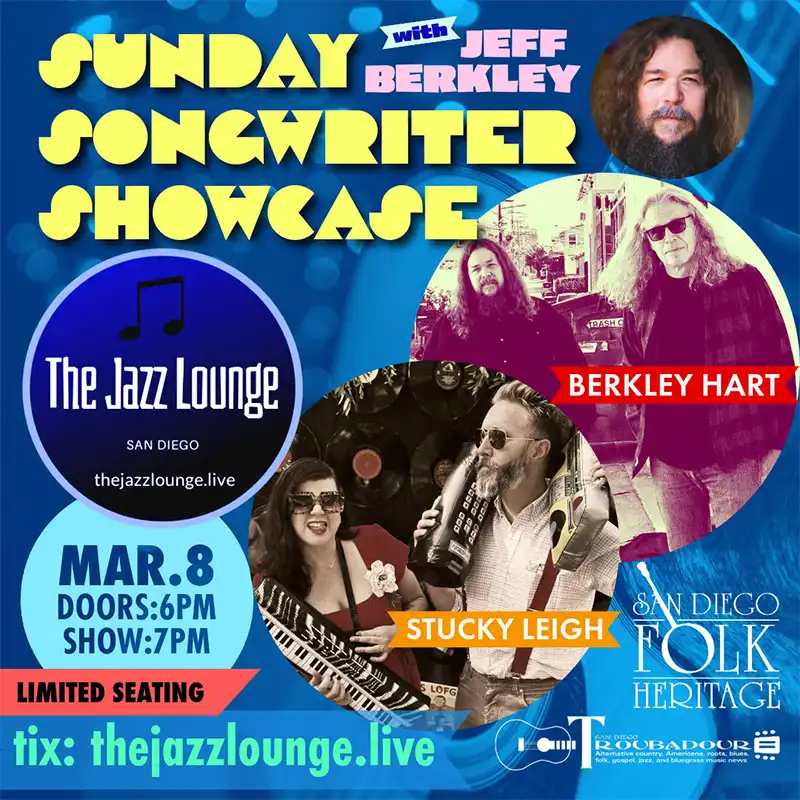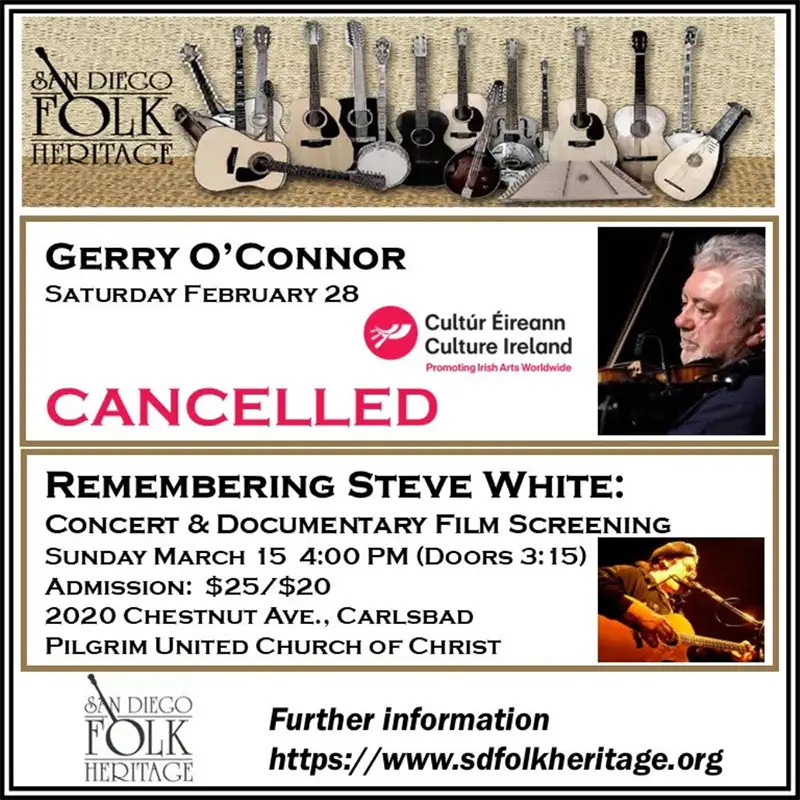Stages
My Mom
The hospital bed took up most of the living room. The steady hum of the oxygen machine masked the murmuring voices from the other room. Light from the summer garden poured through the windows. I took her head in my hands and kissed her forehead. She was drifting in and out. I kissed both of her cheeks. The smell of her warm skin broke my heart. It wasn’t going to be long. I told her I loved her and thanked her for being my mom. Her eyes opened and in a flash of recognition she smiled. For a moment we were together again, mother and son. The room fell away. We were young, happy, free, and eternal, beyond the grip of terrible time. Then her face softened, her eyes closed, and she drifted back into a dream. She died the following evening. She was 88 years old.
When my father died two years ago I knew what to do. I grieved, and I got back to work. I didn’t fall apart. I had my mom to think about. My brothers and I focused on her. There was a sense of relief at his passing because Alzheimer’s is a pitiless bully — death by a thousand cuts. The night he died it felt like a weight was lifted off of us. Now he was free from the betrayal of his brain and body.
But this was different.
My mom was diagnosed and 11 days later was gone. And now the home we all grew up in is empty. No one lives there anymore. It’s just a place we’re from.
The death of a loved one comes in waves — the initial, irreversible news, then the disbelief. You forget and remember and forget over and over again. It takes time for your brain to catch up with the truth. A holiday comes and you reach for the phone to call them. A scrap of paper brushes your hand in a drawer releasing a flood of memories. The smell of celery or the sound of a spoon stirring a cup of tea and bam, your throat catches and you excuse yourself to cry in another room. The wound stays fresh for a long, long time. You tell everyone you’re alright, but you aren’t.
In times like these you go back and sift through memories. You wish you had more. You can’t believe how much is gone. And the little that’s left takes on the burnished glow of treasure.
We lived a few blocks from my elementary school and sometimes I’d walk home for lunch. A cheese sandwich, maybe curried fried rice (my favorite), with Sheriff John on TV if she was in a good mood.
Always sewing. The crinkle of thin paper dress patterns from Vogue, Simplicity, and McCalls pinned to large swaths of fabric on the dining room table. Her bending over and carefully cutting the cloth with special scissors I was never allowed to use. The sound of a sewing machine from the other room while I played with my toys on the floor. The clients who came by for a fitting.
The whine of my dad’s Honda 50 coming down the street right after I got home from school. Him coming through the door, the whole energy of the house shifting. They were always happier together than apart. My mom and dad having tea, talking in low tones about the mysterious things married people talk about.
The smell of dinner. Mom showing me how to cut up a cauliflower, core a cabbage, or mince onions. Stirring a pot of tomato soup. How to make roux and béchamel for the turnips. The darkening sky outside. The ritual of food and fire and the family table.
My two brothers were eight and ten years older, so it was usually just me and my mom. She’d take me everywhere — grocery shopping, the department store, and in the early years before we got our own washer and dryer, the laundromat. She’d let me put the dimes in the slots. She showed me the right way to fold a shirt. She understood these things, and they seemed important, so I paid attention.
My mother was fearless in a way that I was not. I was passive, withdrawn, and contemplative. She had to muster assertiveness for two.
She made me take piano lessons. I was not consulted. It was mildly amusing at first, and then it got difficult. My weeks were filled with dread knowing that the next piano lesson was coming and I had not yet perfected this week’s scales. Sometimes the pressure motivated me to work harder. Other times it drained me of resolve and I resigned myself to my piano teacher’s withering glance and disappointed sigh. Outwardly, I conformed as best I could, but inwardly I had some serious questions about the adult world. Why were they always taking on difficult tasks and setting themselves up for failure? Why didn’t they just sit back and enjoy life as it was? Why were they always trying to change and grow and learn and create?
Then it happened. My fingers obeyed. I heard music where once there was only embarrassment and inadequacy. And I realized I was doing it — those were my fingers making the music, my hands, my arms, my mind, my heart, and I was overwhelmed by all the possibilities that unfolded from this realization. I suddenly understood that I was unlimited, that I was capable of anything, and that discipline, will, and conviction nurture and cultivate the seeds within us. We do not become who we really are until we struggle up through the soil of our indifference, our sloth, our fear of failure. On the other side of the pain is an unspeakable beauty, a beauty unobtainable by those who love only comfort, only easy, only staying the same.
My mom got me a surfboard and wetsuit and drove me to the beach. She knew that her introspective, day dreaming son needed an adventure. My friends and I loved the beach, but surfing was a quantum leap away from the Styrofoam belly boards and inflatable rafts we rode as boys on those long summer afternoons. Surfing is what men did. Out in deep water. And with her encouragement I began. Surfing became the center of my life throughout my teens and twenties. I learned a lot on the water. But mostly, again, I learned that fear is an obstacle to joy. Once I made the ocean my friend and learned to navigate, even celebrate her powers, my fear lifted and all that remained was beauty. The ocean taught me that it was safe to fall in love. Even with all of the tumbles and breathless disorientation, you always come up for air. And under the wide California sky you know that you are home wherever you are, and that everything always changes, and people die, but the big show never ends. Again and again we are affirmed in our love. The ocean never leaves us. And the final revelation — we are loved only as much as we surrender to it. Love is not controlled or calculated. There are no pro and con lists. There is only acceptance and surrender.
My mom brought me into the world. But that was only half of it. More important, she taught me how to live in it. I miss her, even though she’s right here in every cell of my body, in my discipline, my courage, and my creativity. Her living room is empty now, but she lives in the fullness of all the lives she shaped.
Peter Bolland is a writer, speaker, and singer-songwriter as well as the chair of the humanities department and professor of philosophy at Southwestern College where he teaches comparative religion, Asian philosophy, ethics, and world mythology. Everything you need to know is at www.peterbolland.com






